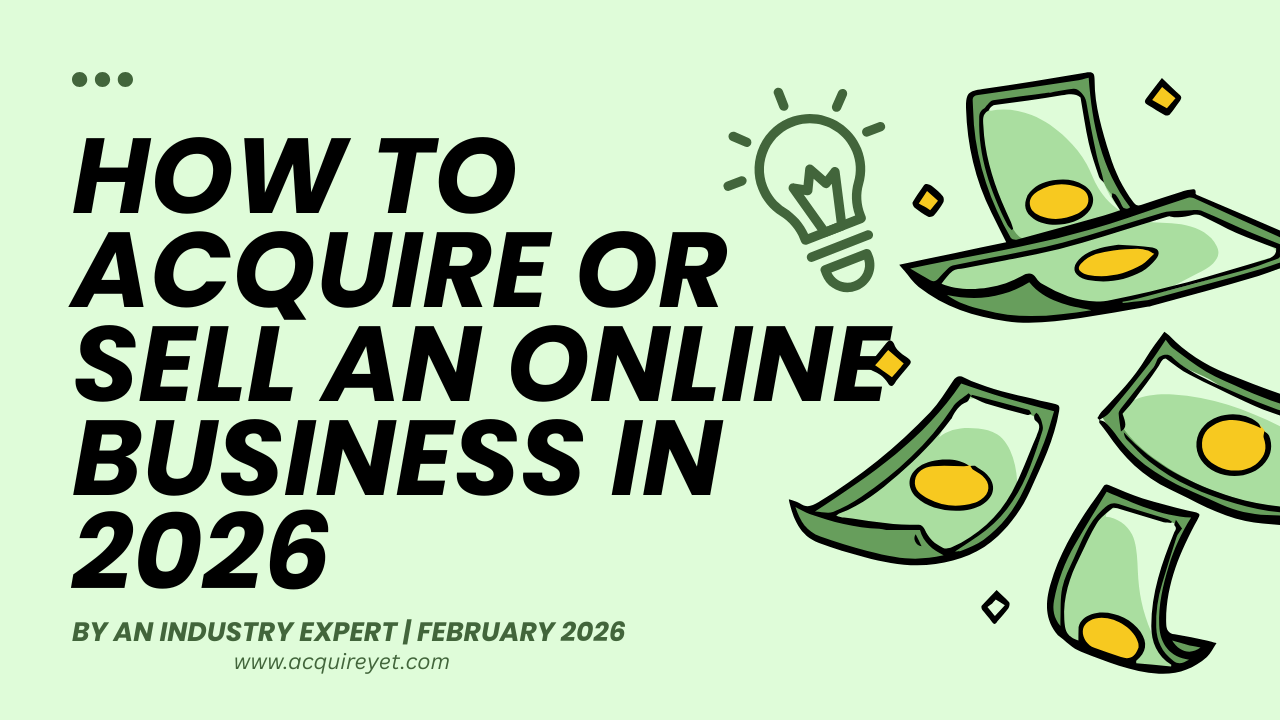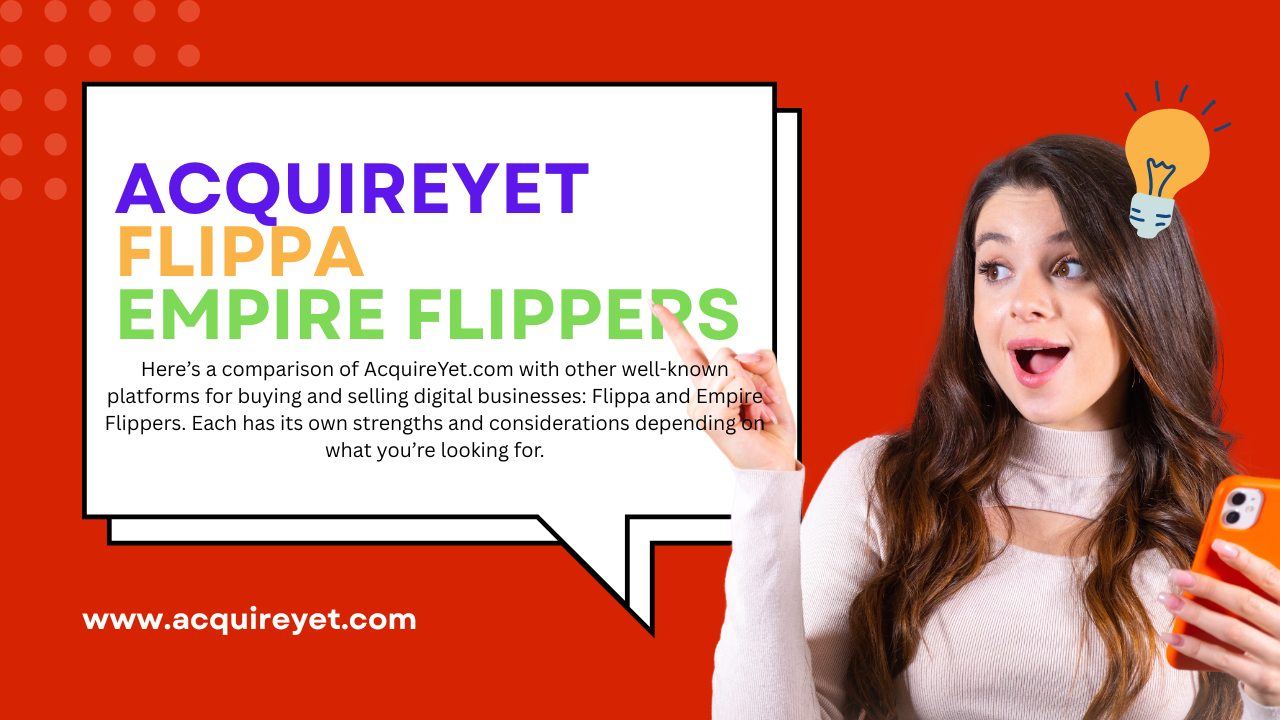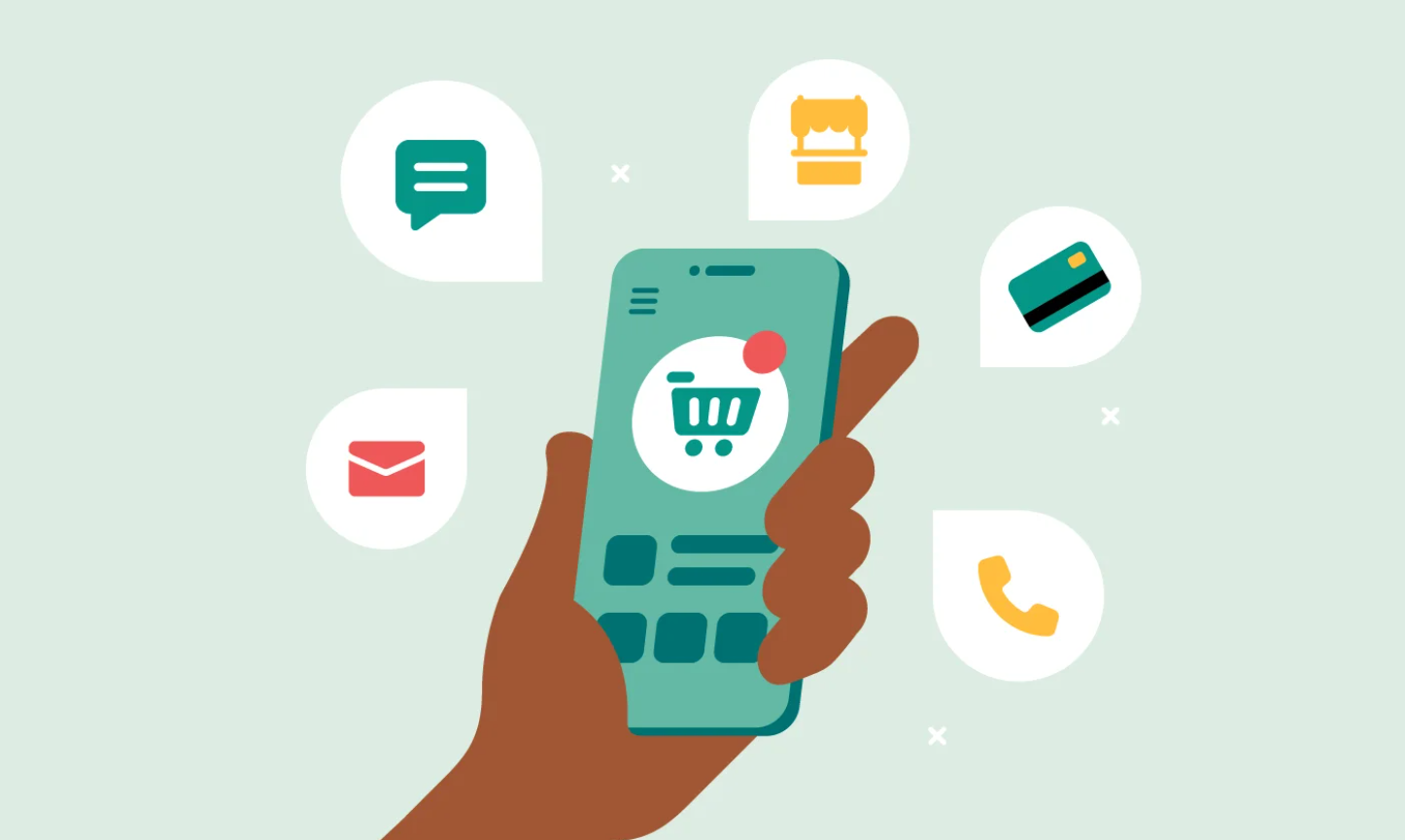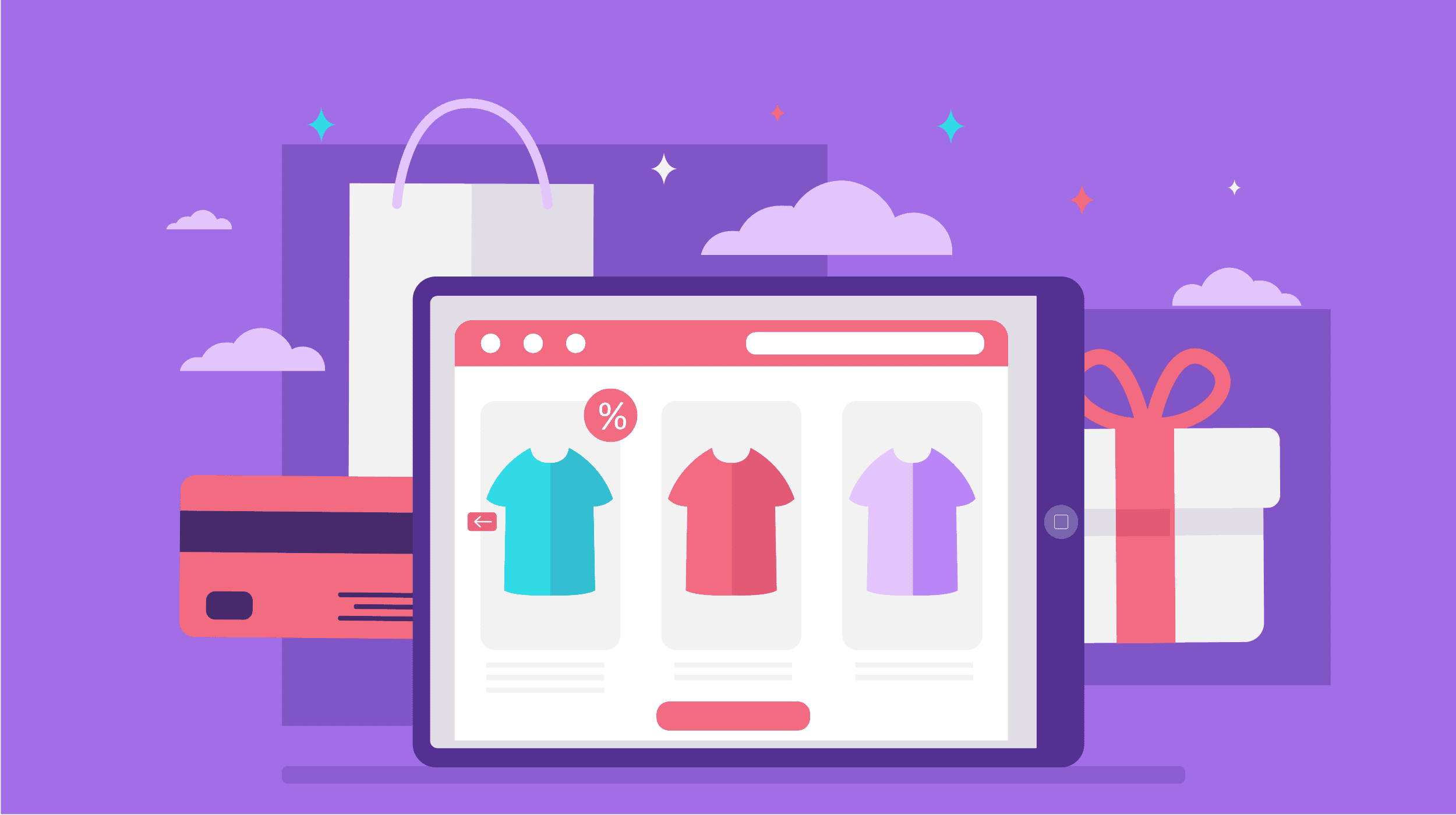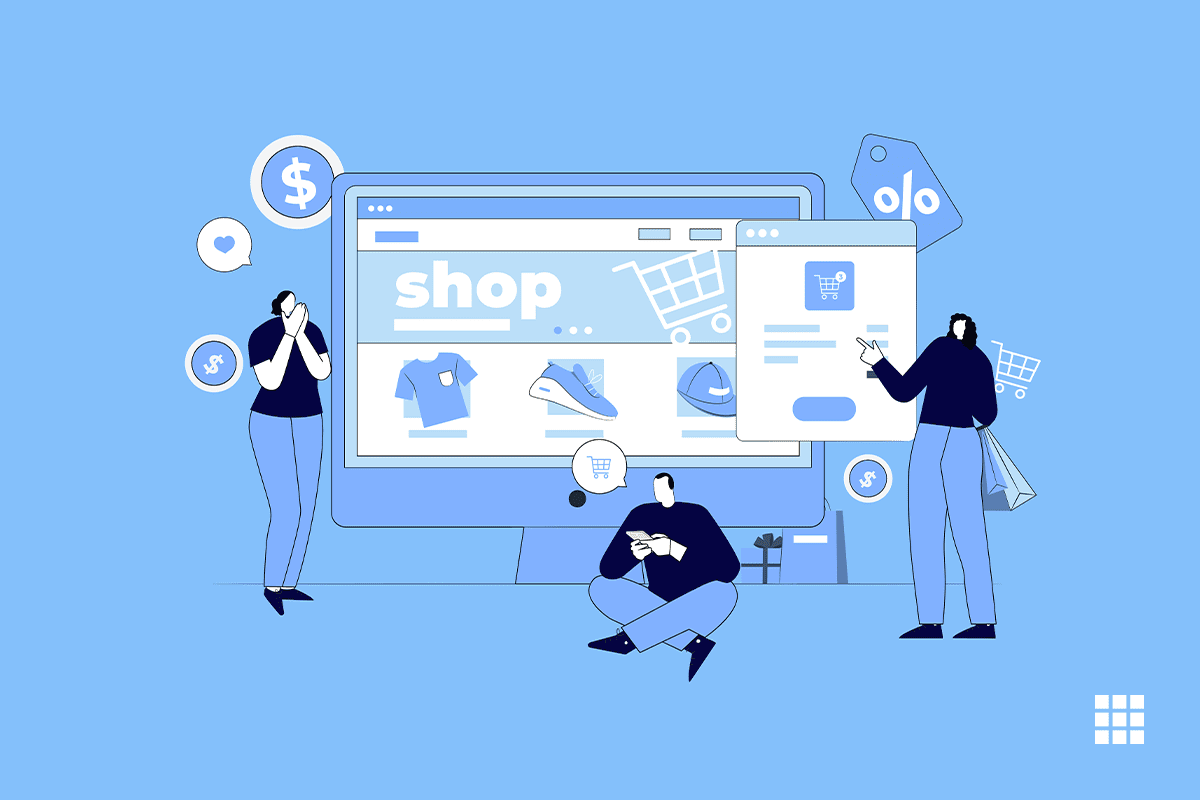The digital product market has exploded in recent years, with creators earning millions from courses, ebooks, software, templates, and other digital offerings. Whether you're launching your first digital product or scaling an existing business, choosing the right platform can make or break your success.
This comprehensive guide examines the best platforms to sell digital products in 2025, comparing features, pricing, and suitability for different business models. From all-in-one solutions to specialized marketplaces, we'll help you find the perfect platform for your digital product empire
Why Selling Digital Products is the Ultimate Business Model
Digital products offer unmatched scalability and profit margins. Once created, they can be sold infinitely without inventory costs, shipping hassles, or physical storage requirements. The global digital products market continues growing rapidly, driven by increased online learning, remote work trends, and creator economy expansion.
Key advantages of digital products include:
- High profit margins: Often 80-95% after platform fees
- Global reach: Instant worldwide distribution
- Passive income potential: Automated sales while you sleep
- Low startup costs: Minimal upfront investment required
- Scalability: No inventory limitations
Types of Digital Products You Can Sell
Educational Content
- Online courses and masterclasses
- Ebooks and digital guides
- Webinars and workshops
- Coaching programs and memberships
Creative Assets
- Design templates and graphics
- Stock photos and videos
- Music and audio files
- Fonts and digital artwork
Business Tools
- Software and mobile apps
- Spreadsheet templates
- Business plan templates
- Marketing resources and toolkits
Entertainment
- Games and interactive content
- Digital magazines and publications
- Podcasts and audio content
- Virtual events and experiences
Comprehensive Platform Comparison: The Best Options for 2025
1. AcquireYet - The Complete Business Acquisition Platform
AcquireYet stands out as a specialized platform designed for entrepreneurs looking to sell business-related digital products. While newer to the market, it's quickly gaining traction among business professionals and investors.
Best for: Business courses, acquisition guides, investment templates, and professional development content
Key Features:
- Specialized audience of business buyers and investors
- Integrated tools for complex digital products
- Professional Website acquisition marketplace environment
- Built-in customer relationship management
- Secure payment processing with multiple options
Pricing: Competitive commission structure with transparent fees
Pros: Targeted business audience, professional interface, growing community
Cons: Smaller user base compared to established platforms, primarily business-focused
2. Gumroad - The Creator-Friendly Marketplace
Gumroad has become synonymous with digital product sales, offering one of the most user-friendly platforms for creators of all levels.
Best for: Ebooks, digital art, software, templates, and creative content
Key Features:
- Simple product upload and management
- Customizable storefronts
- Built-in affiliate program
- Flexible pricing options including pay-what-you-want
- Analytics dashboard
- Customer management tools
Pricing: Free plan available, 10% + payment processing fees on paid plans
Pros: Easy to use, large marketplace, excellent customer support
Cons: High fees, limited customization, marketplace competition
3. Teachable - The Online Course Powerhouse
Teachable dominates the online education space, providing comprehensive tools for course creation and student management.
Best for: Online courses, coaching programs, educational content
Key Features:
- Course builder with multimedia support
- Student progress tracking
- Quizzes and assessments
- Completion certificates
- Integrated payment processing
- Marketing tools and affiliate programs
Pricing: Free plan available, paid plans from $39/month
Pros: Excellent course creation tools, strong student experience, marketing features
Cons: Monthly fees regardless of sales, limited for non-course products
4. Etsy - The Creative Marketplace Giant
While known for handmade goods, Etsy has become a major platform for digital products, especially creative assets.
Best for: Design templates, digital art, printables, patterns
Key Features:
- Massive built-in audience
- SEO-optimized listings
- Customer reviews and ratings
- Integrated messaging system
- Mobile app for sellers
- Advertising options
Pricing: $0.20 listing fee, 6.5% transaction fee
Pros: Huge audience, strong SEO, established marketplace
Cons: Crowded marketplace, limited to creative products, competition-heavy
5. Kajabi - The All-in-One Business Platform
Kajabi positions itself as a complete business solution, combining product sales with marketing automation and website building.
Best for: Comprehensive online businesses, courses, coaching programs, memberships
Key Features:
- Website builder with templates
- Email marketing automation
- Sales funnel creation
- Membership site functionality
- Analytics and reporting
- Customer relationship management
Pricing: Plans start at $149/month
Pros: All-in-one solution, powerful marketing tools, professional appearance
Cons: Expensive, complex for beginners, overkill for simple products
6. Podia - The Simple All-in-One Solution
Podia offers a streamlined approach to selling digital products with built-in email marketing and website functionality.
Best for: Courses, digital downloads, memberships, email marketing
Key Features:
- Easy product creation and management
- Built-in email marketing
- Simple website builder
- Customer messaging
- Affiliate program management
- No transaction fees on paid plans
Pricing: Free plan available, paid plans from $33/month
Pros: No transaction fees, simple interface, good customer support
Cons: Limited advanced features, smaller marketplace reach
7. Thinkific - The Professional Course Platform
Thinkific focuses specifically on online course creation with robust features for educators and trainers.
Best for: Professional online courses, corporate training, educational institutions
Key Features:
- Advanced course builder
- Student engagement tools
- Comprehensive analytics
- White-label options
- API access
- Bulk enrollment capabilities
Pricing: Free plan available, paid plans from $49/month
Pros: Excellent course features, professional appearance, scalable
Cons: Course-focused only, monthly fees, learning curve
8. SendOwl - The Digital Download Specialist
SendOwl specializes in secure digital product delivery with advanced features for protection and automation.
Best for: Software, digital downloads, subscription products
Key Features:
- Secure file delivery
- License key generation
- Subscription management
- Discount codes and promotions
- Detailed analytics
- API integration
Pricing: Plans start at $9/month
Pros: Secure delivery, flexible pricing, good integrations
Cons: No built-in marketplace, requires separate marketing
9. Selz (Now Square Online) - The E-commerce Solution
Square Online provides comprehensive e-commerce tools suitable for both physical and digital products.
Best for: Mixed product catalogs, established businesses, comprehensive online stores
Key Features:
- Professional website builder
- Inventory management
- Multiple payment options
- SEO tools
- Social media integration
- Mobile optimization
Pricing: Free plan available, paid plans from $12/month
Pros: Professional appearance, integrated payments, good SEO
Cons: More complex setup, not specialized for digital products
10. Patreon - The Creator Subscription Platform
Patreon revolutionized creator monetization through subscription-based support and exclusive content access.
Best for: Content creators, artists, ongoing digital content series
Key Features:
- Subscription-based revenue
- Tiered membership levels
- Exclusive content delivery
- Community building tools
- Creator analytics
- Mobile app for creators and patrons
Pricing: 5-12% platform fee depending on plan
Pros: Recurring revenue model, strong community features, creator-focused
Cons: Subscription model only, platform dependency, fee structure
Choosing the Right Platform: Decision Framework
Consider Your Product Type
Educational Content: Teachable, Thinkific, AcquireYet (for business content)
Creative Assets: Etsy, Gumroad, Creative Market
Software/Apps: Gumroad, SendOwl, your own website
Business Tools: AcquireYet, Gumroad, specialized B2B platforms
Evaluate Your Technical Skills
Beginner-Friendly: Gumroad, Etsy, Podia
Intermediate: Teachable, Thinkific, Kajabi
Advanced: Custom solutions, API integrations, SendOwl
Assess Your Budget
Free/Low Cost: Gumroad (free plan), Etsy, Patreon
Moderate Investment: Teachable, Thinkific, Podia
Premium Investment: Kajabi, custom development
Consider Your Marketing Needs
Built-in Audience: Etsy, Gumroad marketplace
Marketing Tools Included: Kajabi, Podia, ConvertKit S
EO-Focused: Etsy, your own website with SEO optimization
Platform-Specific Success Strategies
Maximizing Success on AcquireYet
- Build credibility in the space: Establish yourself as an expert in online business transactions by consistently providing valuable resources
- Leverage buyer/seller networking: Connect with active participants in the website marketplace who may need supporting services and products
Gumroad Optimization Tips
- Use high-quality product images and descriptions
- Implement strategic pricing and discount strategies
- Build an email list for customer retention
- Leverage social media for traffic generation
- Create product bundles to increase average order value
Teachable Course Success
- Structure courses with clear learning outcomes
- Include engaging multimedia content
- Provide certificates and completion tracking
- Build community around your courses
- Use email marketing for student engagement
Etsy Digital Product Strategy
- Optimize listings with relevant keywords
- Create eye-catching thumbnail images
- Offer multiple file formats
- Respond quickly to customer messages
- Build positive reviews through excellent service
Advanced Monetization Strategies
Multi-Platform Approach
Don't limit yourself to one platform. Successful creators often use multiple channels:
- Primary platform for main products
- Secondary platforms for specific audiences
- Social media for marketing and community building
- Email lists for direct customer relationships
Product Suite Development
Create interconnected products that complement each other:
- Free lead magnets to build email lists
- Entry-level products for new customers
- Premium offerings for committed buyers
- Ongoing services or memberships for recurring revenue
Cross-Platform Promotion
Leverage each platform's strengths:
- Use social media for awareness
- Build email lists for direct marketing
- Create valuable free content for lead generation
- Develop partnerships with other creators
Common Mistakes to Avoid
Platform Over-Dependence
Building your entire business on one platform creates significant risk. Diversify your presence and maintain direct customer relationships through email lists and your own website.
Ignoring Customer Experience
Focus on customer satisfaction across all touchpoints:
- Clear product descriptions and expectations
- Responsive customer support
- High-quality deliverables
- Smooth purchasing and download processes
Underpricing Your Products
Many creators undervalue their digital products. Research competitor pricing and consider the value you provide. Premium pricing often leads to better customers and higher perceived value.
Insufficient Marketing
Creating great products isn't enough. Develop comprehensive marketing strategies including:
- Content marketing and SEO
- Social media engagement
- Email marketing campaigns
- Paid advertising where appropriate
- Partnership and collaboration opportunities
Future Trends in Digital Product Platforms
AI Integration
Platforms are increasingly integrating AI tools for:
- Content creation assistance
- Customer service automation
- Personalized product recommendations
- Analytics and insights enhancement
Enhanced Creator Tools
Expect continued improvement in:
- Video and multimedia creation tools
- Interactive content capabilities
- Community building features
- Advanced analytics and reporting
Blockchain and NFTs
Some platforms are exploring blockchain technology for:
- Digital ownership verification
- Creator royalty automation
- Decentralized marketplaces
- Enhanced security features
Conclusion: Choosing Your Digital Product Platform
The best platform to sell digital products depends on your specific needs, technical skills, budget, and business goals. For business-focused content, AcquireYet offers a specialized environment with a targeted professional audience.
Creative products might thrive on Etsy or Gumroad, while comprehensive courses work well on Teachable or Thinkific.
Consider starting with one platform that aligns with your primary product type and audience, then expanding to additional platforms as you grow. Focus on creating exceptional products and building genuine relationships with your customers, regardless of which platform you choose.
Success in digital product sales comes from understanding your audience, delivering genuine value, and consistently improving your offerings. The platform is just the vehicle – your creativity, expertise, and dedication to customer success will ultimately determine your results.
Remember that the digital product landscape continues evolving rapidly. Stay informed about platform updates, new features, and emerging opportunities to maintain your competitive advantage in this exciting and profitable market.

